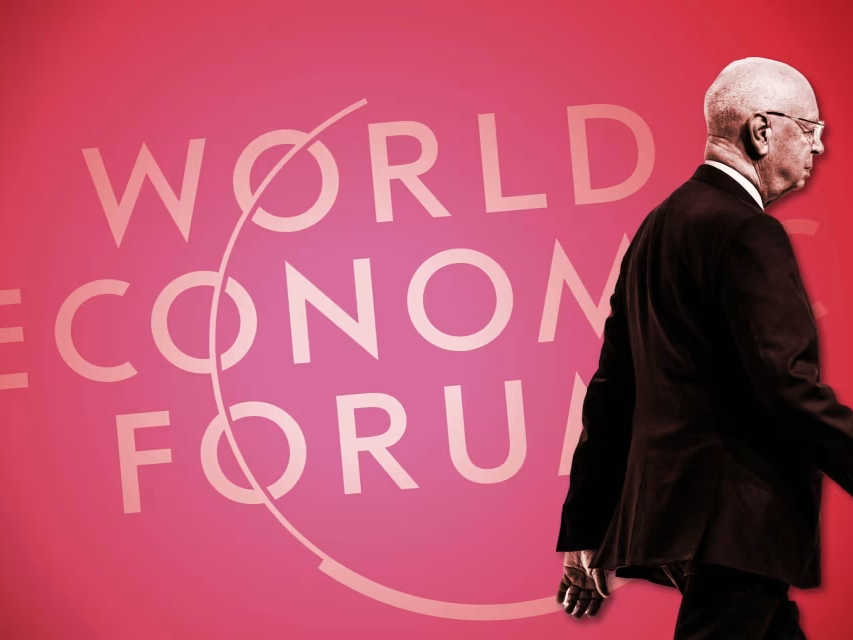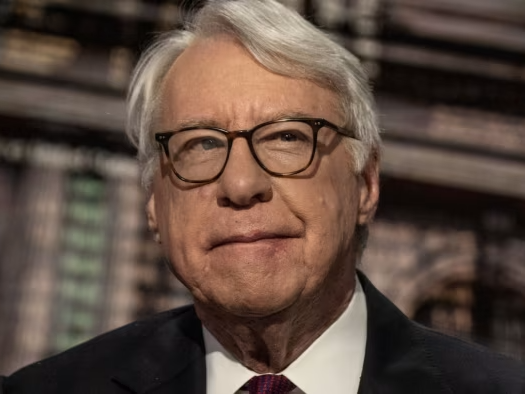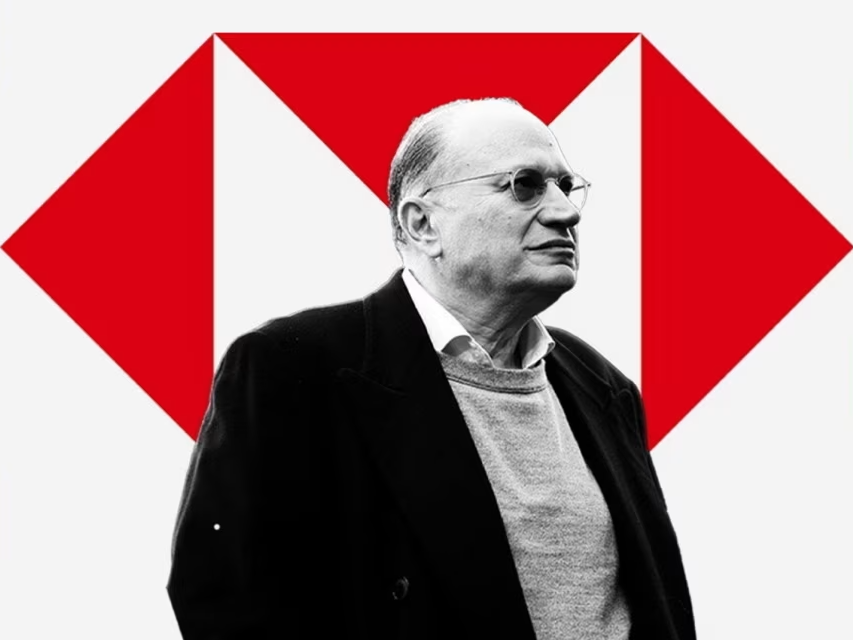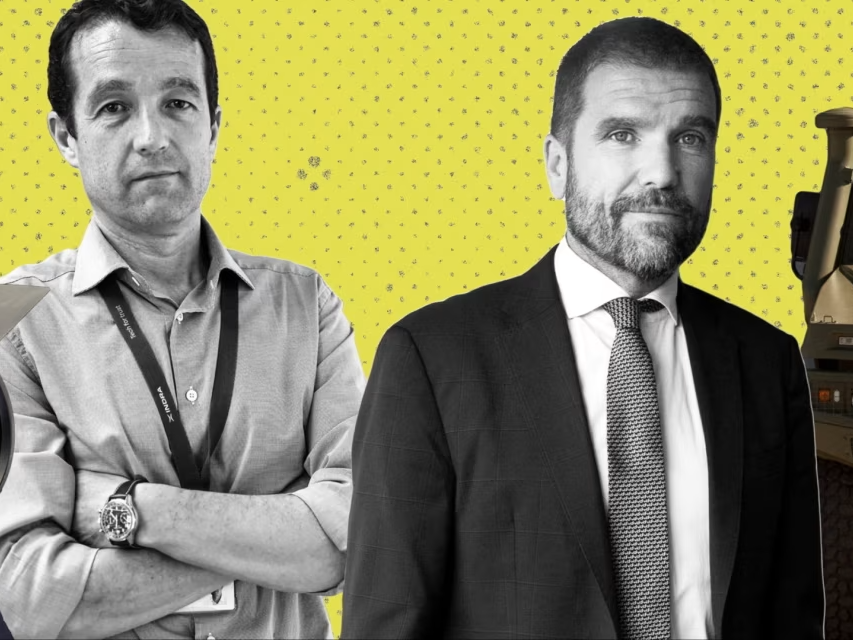| Hello. Welcome to this week’s update of essential news and knowledge for board directors. This week, we ask whether there is any such thing as a “good” bubble, look at the leadership vacuum at the top of one of the world’s biggest banks, and try to find some glimmer of hope for the IPO-starved London market. If you have comments, suggestions or news you think we should include, email me at andrew.hill@ft.com or newsletter editor Jonathan Moules at jonathan.moules@ft.com. Thanks for reading. Economists often debate when a bubble is a bubble and what (if anything) to do about it. Notoriously, former Federal Reserve chair Alan Greenspan in 1996 described the emotion behind the dotcom boom as “irrational exuberance”. But critics still maintain he waited too long to raise interest rates and curb the frenzy. In the meantime, everyone, from boards of big companies to individual investors, had committed much needed funds to the illusion that “this time it’s different”. Amazon founder Jeff Bezos recently drew a distinction between “industrial bubbles” — such as the 2000 internet bust — and financial bubbles, such as the banking crisis of 2008. “The ones that are industrial are not nearly as bad, they can even be good. Because when the dust settles and you see who are the winners — society benefits from those inventions,” he told a conference in Turin, referring to the artificial intelligence investment boom. I was in New York when the dotcom bubble burst. The fear and distress were palpable. Once broadband penetration improved, many of the great ideas that failed in the dial-up modem days of the early 2000s were turned into successes. But a generation of potential entrepreneurs was burnt in the process. Their absence is hard to measure, but an uptick in business school and law school applications after the 2000 bust suggests many bright people took more risk-averse paths. When your company was one of the few survivors of the first internet bust, and you have since risen to become one of the world’s richest men, it is easy to predict a good outcome from a potential AI crash. Bezos would be largely impervious to a collapse in AI exuberance. He would have the financial firepower to scoop the most promising projects from the wreckage. For everyone else, boom-bust cycles are almost always bad news. It is the very definition of damning with faint praise to say that three companies ready to go public in London counts as something of a revival. But that is where we stand, though more are believed to be in the pipeline. More positively it does suggest an end to London’s brutal equity-raising drought that has seen it fall behind other cities as a listing capital.  | The Davos set in decline: can the World Economic Forum save itself? | | Battered by scandal, the Swiss organisation behind the annual summit faces a moment of crisis. Insiders say its future may depend on the success of next year’s meeting. |
|  | Jim Chanos slams ‘magical machine’ of private credit after First Brands collapse | | The investor famed for spotting Enron fraud sounds the alarm on Wall Street’s booming debt machine. |
|  | HSBC chair’s exit leaves lender with a leadership vacuum | | A succession search at Europe’s largest bank drags on as Mark Tucker exits for AIA. |
|  | Brothers in arms: Spanish defence merger raises conflict questions | | EM&E’s co-founder seeks a deal with the aspiring national champion Indra — whose chair happens to be his elder sibling. |
|
| | |
AI risk disclosure is breaking into mainstream filings | The Conference Board This report analyses how the largest US public companies disclose artificial intelligence risks in their 2023—2025 annual filings, providing insight into the issues shaping board agendas, investor expectations, and regulatory oversight in the years ahead. Effective Board Leadership: The Art of Doing It Well and the Risks of Getting It Wrong | Harvard Law School Forum on Corporate Governance Exceptional boards don’t happen by accident, as this report notes. Outstanding board leaders treat governance as a living system, adapting structures and processes to match strategy and turning oversight into an engine for value creation. The authors argue that by embracing these principles, board leaders can move from “good enough” to game-changing. The ESG Backlash and the Demand for ESG Mutual Funds | ECGI The backlash to ESG investing is in full swing, with dozens of states enacting measures aimed at curtailing the consideration of environmental, social, and governance factors in their pension funds. This study finds that ESG fund demand peaked before the political backlash however and has since stabilised despite anti-ESG laws.
|